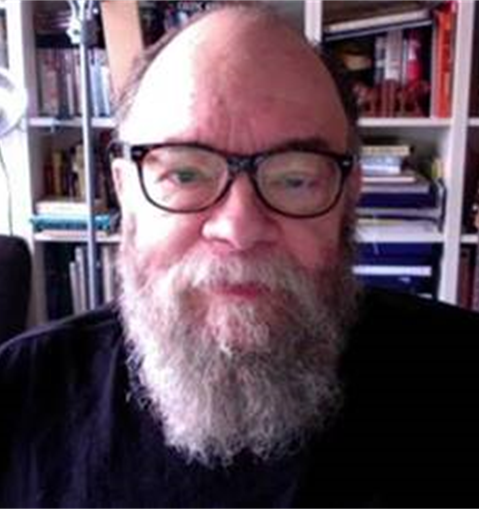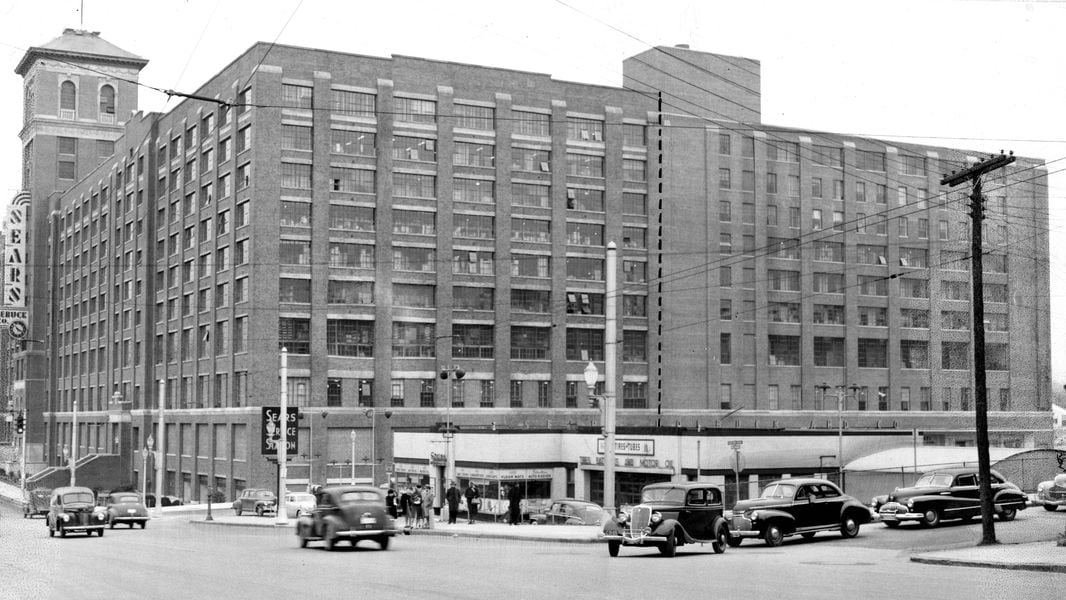Born in New York in 1924 he flew 29 bombing raids over Europe as a teenaged ball-turret gunner. After the war Diehl was working as a reporter for his hometown paper, The Clearfield Progress, in a town he describes as "so far up in the mountains you had to bail out of a plane to get out." His hometown friend, Bob Wallace called, with news that his father-in-law had found a job for Diehl at The Atlanta Constitution. Diehl headed south. But somehow, the Atlanta newspaper missed the memo. There was no job.
"I stood in the lobby, waiting for editor Ralph McGill to come out. When Mr. McGill came out, I told him what had happened. He asked if I had been in the war. I said yes, as a ball turret gunner in a B-24. He said that if I could survive that, I could certainly do a reporter's job," Diehl recalls. "I went to work that night."
Diehl first wrote obituaries for the Atlanta Constitution, then moved to the police beat. Always, writing was his first love, but when the Constitution and rival Atlanta Journal merged in 1950, confusion and layoffs in the reorganized photo department led to his second career: photography.
In 1956, Diehl left the Constitution, turning almost exclusively to freelance photography in the next years.
Bill was among the early photographers to use a 35-millimeter camera. Most of the others were using Liecas or 4x5s. He shot every [Geogia Tech] football game for 11 years, then assignments for the alumni publications. He did some really experimental stuff that worked very well. Some of Diehl's football pictures were printed in Sports Illustrated, rushed after the game to a Delta airplane that would deliver them to New York overnight.
Much of his work was for Georgia Tech; other assignments, including a portrait of Coca-Cola Company Chairman Robert Woodruff that appeared on the cover of Business Week magazine, came through contacts and friends from Tech.
In 1960, Diehl became managing editor of Atlanta magazine.
On his 50th birthday his wife threw a birthday party for him, and one of the gifts was an ice-cream typewriter from Baskin-Robbins. It was so neat that nobody would eat it," he says. "After the party, I went back to get a piece, but the typewriter was just a molten pile of ice cream. I thought, 'That's my career.’”
The next morning, Diehl sold all his cameras and soon began the nine-month effort of birthing "Sharky's Machine," a dark look at the world of an Atlanta vice cop.
Giving up his profession of journalist and photographer at 50 was a big gamble, but it paid off. Sharky was a big book, a big movie.
Bill Diehl caught the proverbial brass ring, but it was with a last-minute lunge: As he and his agents were talking on the phone about which of two offers to accept from publishing companies for his first book, the phone company cut off his service for non-payment.
"I had to walk about a half-mile to a phone booth to finish the negotiations."
From that phone booth, Diehl negotiated a $1 million deal with the Dell publishing company.
Following the success of Sharky's Machine, Diehl relocated to St. Simons Island, GA in the early 80's with his wife Virginia Gunn, an Atlanta television personality, where he lived for the next 15 years completing eight more novels including 27 aka THE HUNT, THAI HORSE, HOOLIGANS, CHAMELEON, PRIMAL FEAR, which also became a movie by the same name starring Richard Gere and Edward Norton, SHOW OF EVIL and EUREKA
















